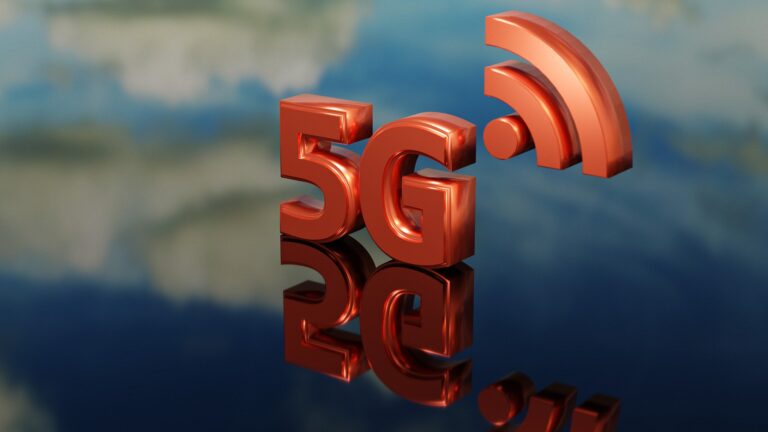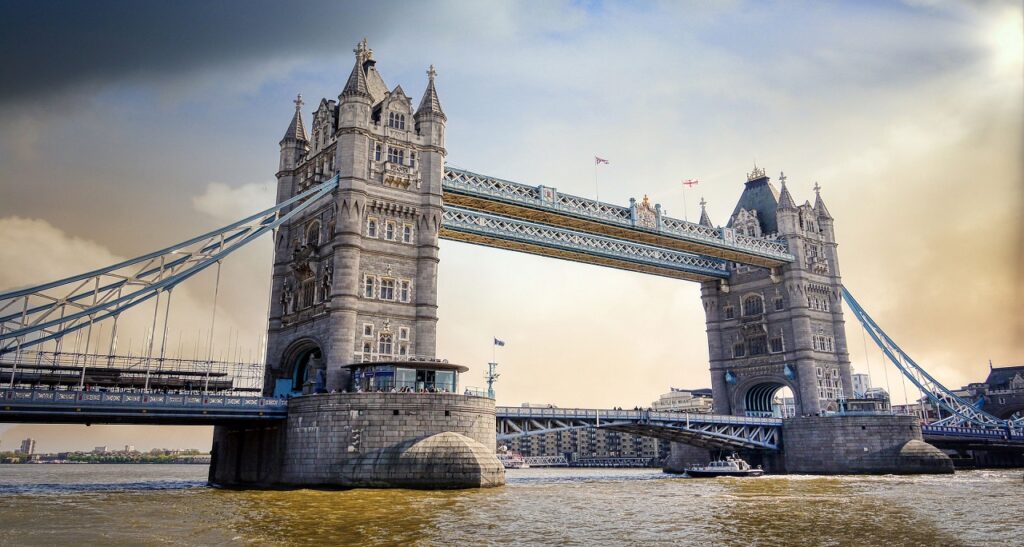Government welcomes insights on legal instruments
Since the initial launch of 5G by Huawei, the company has experienced huge setbacks from the West. First, it was the United States after the then President, Donald J Trump banned Huawei products via a national security order.
The UK followed suit in 2020 when it released a detailed plan to phase out Huawei network products. All these bans have one thing in common – global politics. The West believes the coziness of Huawei with the Chinese government is a threat to security.
Being a global leader in networking equipment, some Western countries believe Huawei could install spying tools in the networking infrastructure on behalf of the Chinese government. The company stayed profitable despite these bans. Let’s look at how the UK is revamping its plans to implement the ban.
The UK government has begun an official consultation on the legal instruments that will carry out a ban on Huawei 5G equipment in the country.
Mobile firms are some of the stakeholders who have been invited to air their ideas on the legal instruments that will be used to impose the ban on the use of Huawei 5G equipment in their networks.
A directive released in July 2021 confirmed that all mobile operators would be prohibited from acquiring new Huawei 5G radio gear from 2021 and must eradicate all equipment installed in their 5G networks by 2027. This directive overturned the previous policy that allowed Huawei to supply up to 35% of non-sensitive parts of the UK 5G’s networks.

Legislation
The Telecommunications (Security) Act of 2021 has already been signed into law and establishing the legal instruments for the ban is the next stage. The instruments include;
- Guideless that mobile operators ought to follow as far as the use of Huawei equipment is concerned.
- A notice that labels Huawei as a high-risk vendor.
- Proposed regulations that would forbid fixed broadband mobile operators from purchasing Huawei equipment that has been targeted by separate US sanctions.
“The government is committed to ensuring the security and resilience of our phone and internet networks,” stated culture secretary Nadine Dorries. “Last year we brought in new laws to protect UK infrastructure from high-risk vendors and issue tough sanctions on providers which fall short of our high-security standards. This consultation marks the next step in removing the risks posed by Huawei.”
The government has repeatedly highlighted the involvement of the National Cyber Security Council (NCSC) in the activities leading to the Huawei ban. Moreover, the government promises to involve the industry at every stage before reaching a final stance.
Huawei entered the UK market in 2001, a move that accelerated its global expansion. In 2005, the company was awarded a contract by BT that cemented its presence in the region. The firm went on to be the supplier for all UK’s four mobile operators.
Time and time again, Huawei has blatantly denied any allegations of wrongdoing or that their network gear poses security risks.
“We note the government’s consultation and will continue to support our UK customers with our network equipment, which is recognized as being among the most secure and trusted in the world,” a Huawei spokesperson said.
“Political pressures have already forced the Government to exclude Huawei from 5G, delaying its rollout by several years. These same pressures will jeopardize the rollout of fiber broadband, unnecessarily pushing up costs for businesses and families. The country has the right to expect decisions to be made based on facts rather than unfounded security concerns.”
In a nutshell, technological superiority represents political prosperity in the 21st century. This is why political superpowers like the United States, China, and Russia invest heavily in technological research and innovation.
In the recent past, China has established itself as a global leader in technology. Considering the political tensions that exist between China and the West, the decision by the UK and the US to ban Huawei products doesn’t come as a surprise. After all, the equipment might be fitted with espionage devices. Ergo, other countries may follow in these footsteps and ban or regulate Huawei products.
Nonetheless, such measures may not be imposed in the developing world for obvious reasons. China is a major lender in most developing countries which gives it immense power over such nations. Banning Huawei 5G equipment in such nations is quite improbable.

